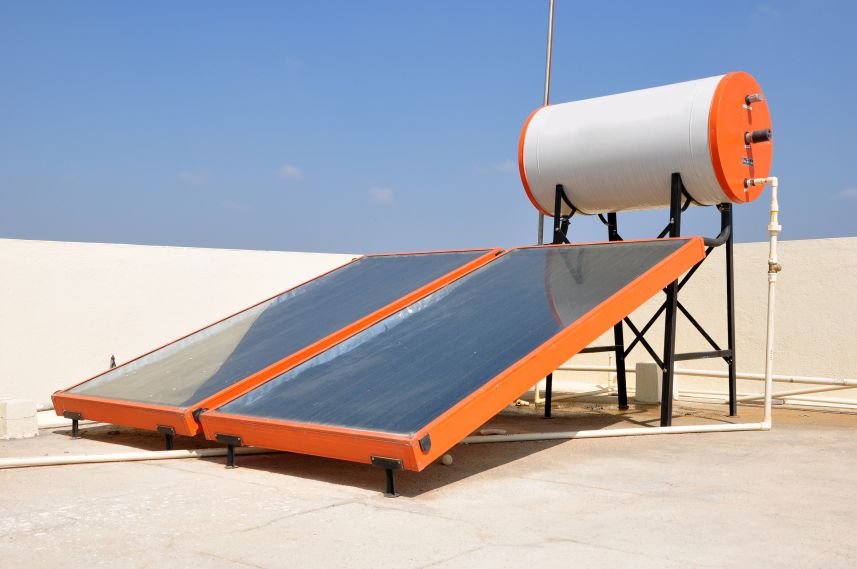

Motivation / Relevance
The energy consumption for the production of hot water can be significant in different types of facilities such as households, swimming pools, laundries, canteens, hospitals, food industry, etc., having an impact on their energy bill.As an example, in Sao Paulo (Brazil) water heating is estimated to account for approximately 40% of the city`s electricity consumption, including both residential and commercial use (e.g. swimming pools). The production of hot water in households represents more than 10% of the final energy consumption in the European Union (13%), and in the USA (18%).
Typically, water is heated by using fossil fuels and/or electricity. This presents an opportunity for renewable solar energy use, through readily available technologies.
Main impacts
- Growth of the local market for solar hot water systems
- Build consumer confidence on solar thermal systems
Benefits and Co-Benefits
- Reduce fossil fuel consumption and dependency / increase share of renewables
- Reduce the energy bill of buildings and facilities
- Generate jobs (installation and maintenance, etc.)
- Development of the local market for solar water heating, promoting a general cost reduction of the technology systems
- Enhance the city`s profile as green and sustainable
- Increase systemic efficiency: reduce stress on power grids
- Improved air quality where fossil fuels are replaced, both through direct use for water heating and indirect use for power generation
- Reduce GHG emissions (by displacing fossil fuel and electricity consumption)


